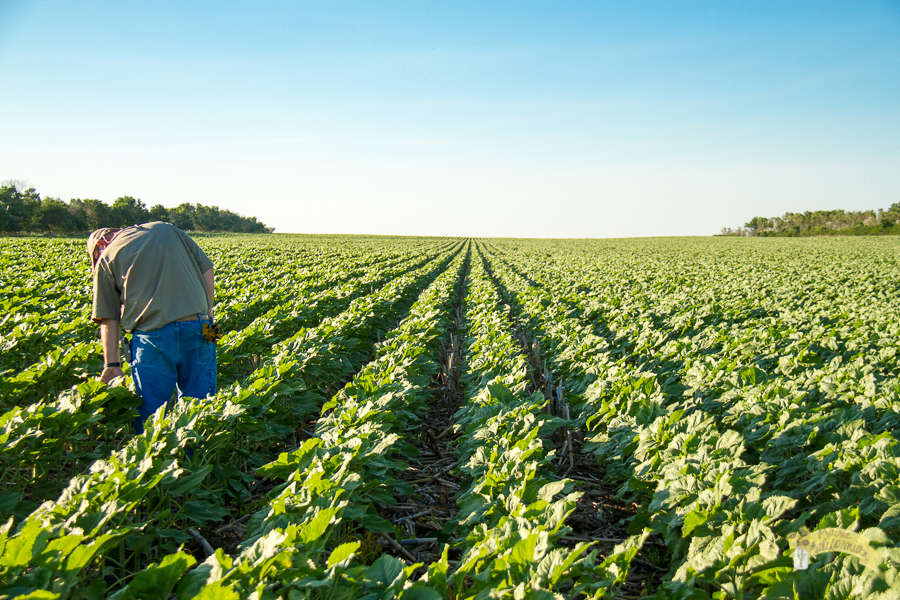
What is an agronomist?
An agronomist is a specialist who applies scientific expertise and tactics to the administration and production of crops. Agronomists get the job done in a variety of settings, from farms and ranches to governing administration agencies and personal businesses. They could also operate in research laboratories or teach at colleges and universities.
Most agronomists have at the least a bachelor's diploma in agronomy or possibly a related subject, such as agricultural science or soil science. Several agronomists even have master's degrees or doctorates. The exact nature of the agronomist's job is dependent upon his / her specialty and employer.
Agronomists play a significant role in guaranteeing that crops are healthier and productive. They use their understanding of plant science to establish ways to enhance crop production, combat pests and diseases, and conserve water together with other resources.
The role of an agronomist
is to help the earth fulfill its expanding food generation requirements. In accordance with the U.S. Bureau of Labor Statistics (BLS), employment for agronomists is anticipated to here increase faster than average, with openings on account of expansion and substitution requirements.
The work of an agronomist
is demanding and worthwhile, with agronomists frequently becoming involved in study and training.
The education and learning of the agronomist
Agronomists need a minimum of a bachelor's degree in view more agronomy or linked subject from an accredited uni.
The way forward for agronomy
Agronomists help to ensure that the world's population view more has adequate foods, plus they perform to boost crop yields and lessen agriculture's effect on the natural environment. The BLS claims that agronomists are in demand, but Levels of competition for Positions is probably going to become strong.
Conclusion
Agronomists are concerned with the study of plants, and they work in a variety of fields, from agricultural research to boosting crops. Agronomists are essential to make certain that crops are generated for consumption, but Additionally they help generate biofuels and also other plant-based products.